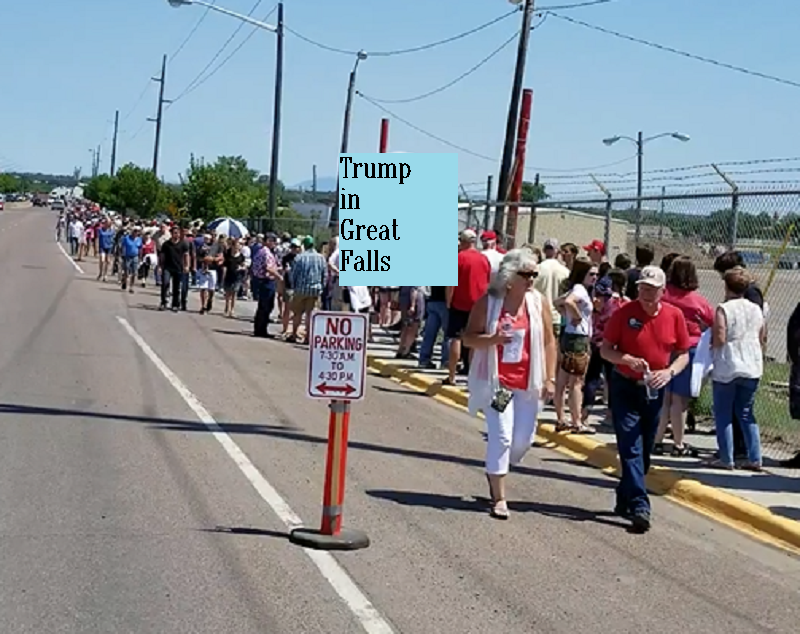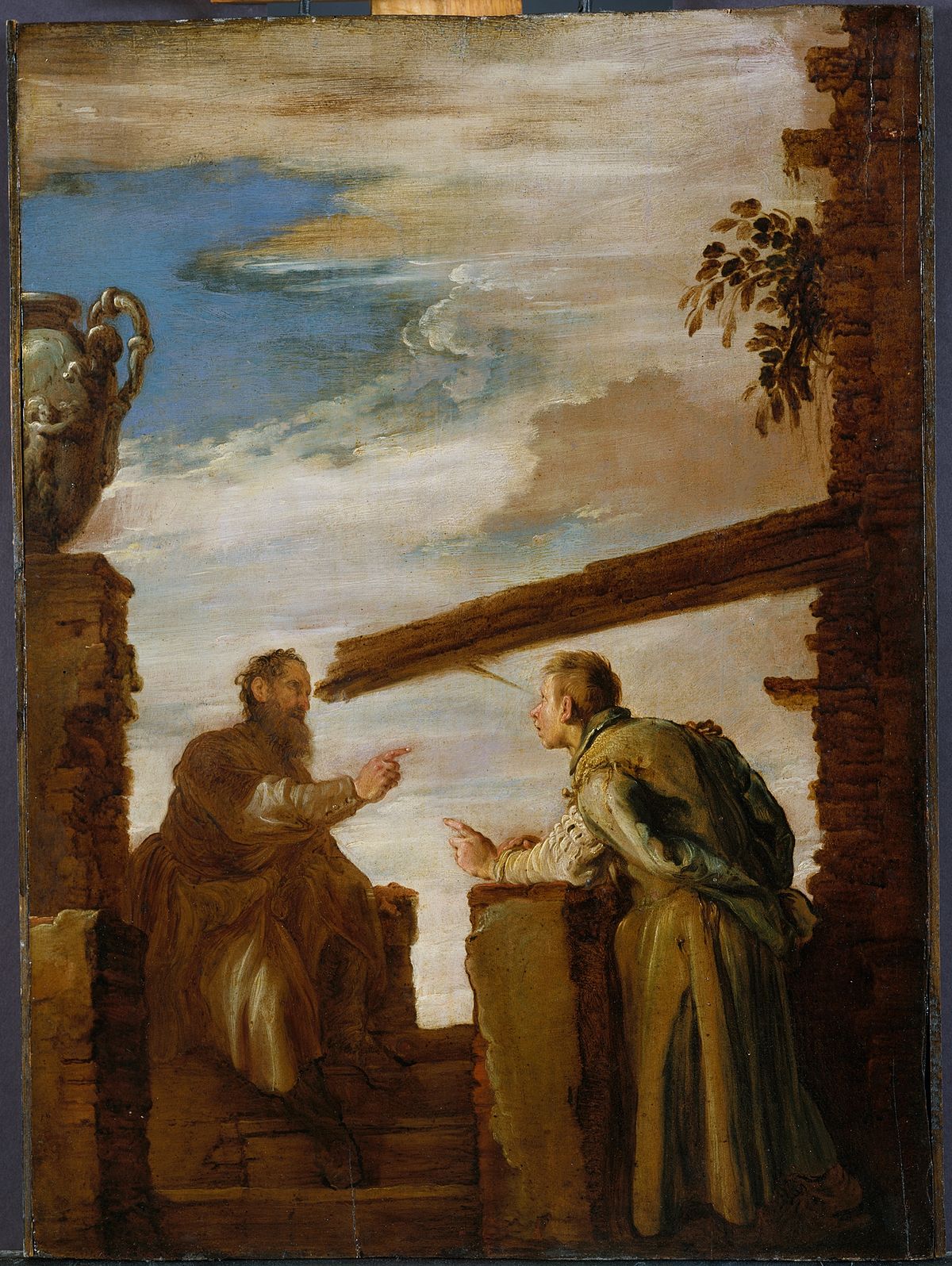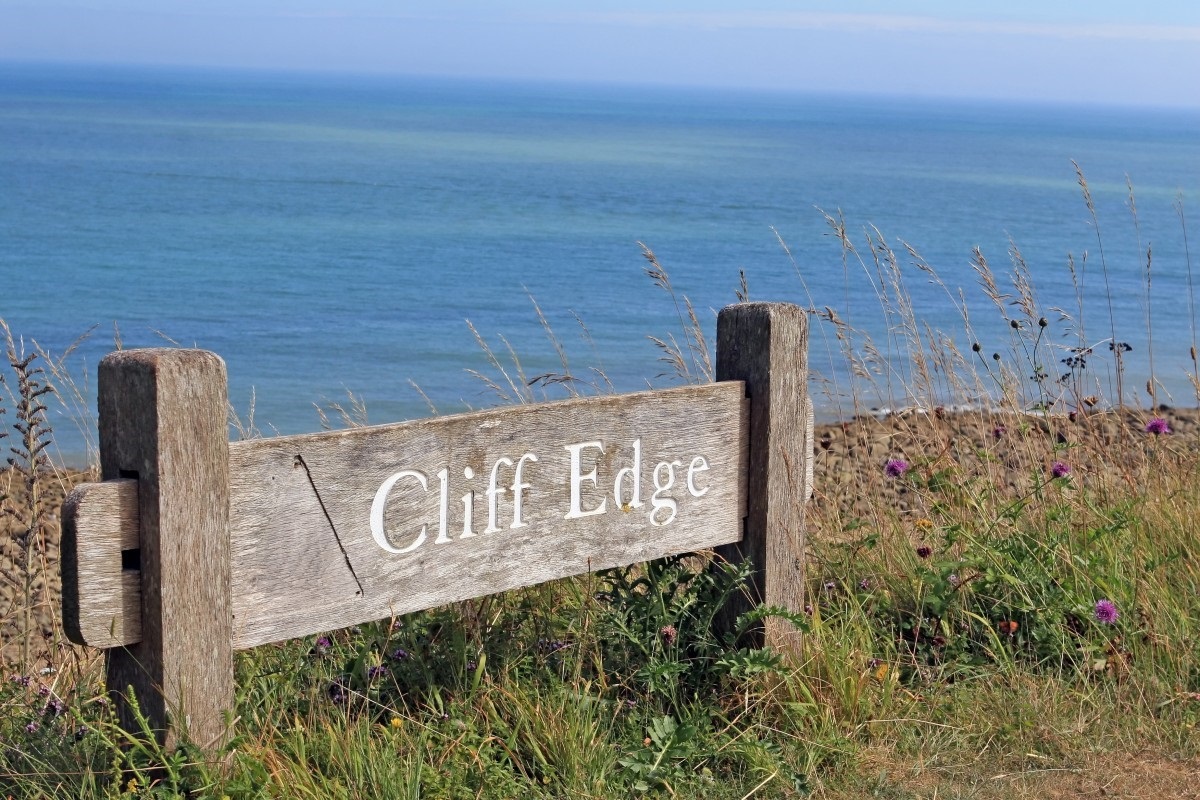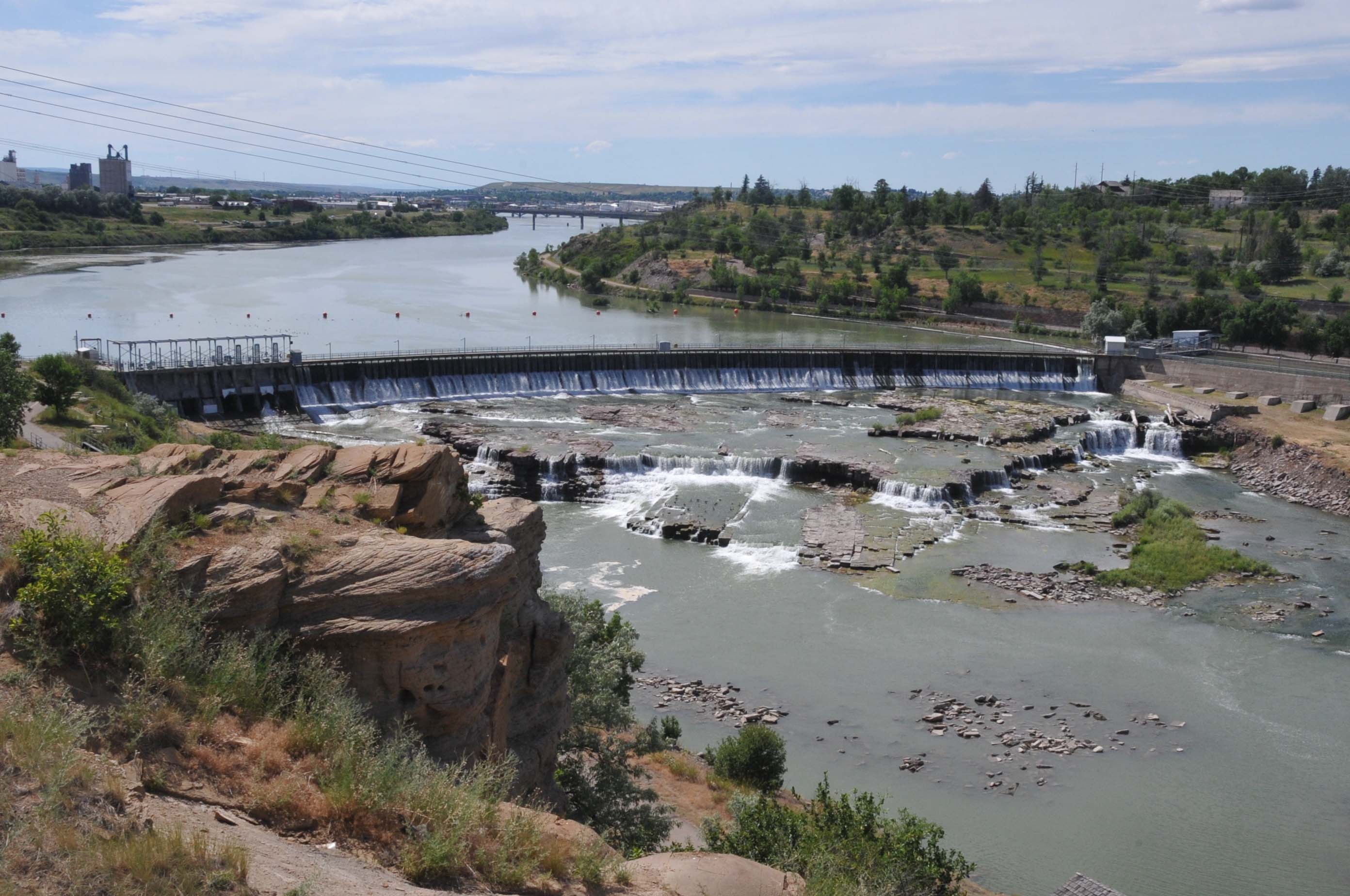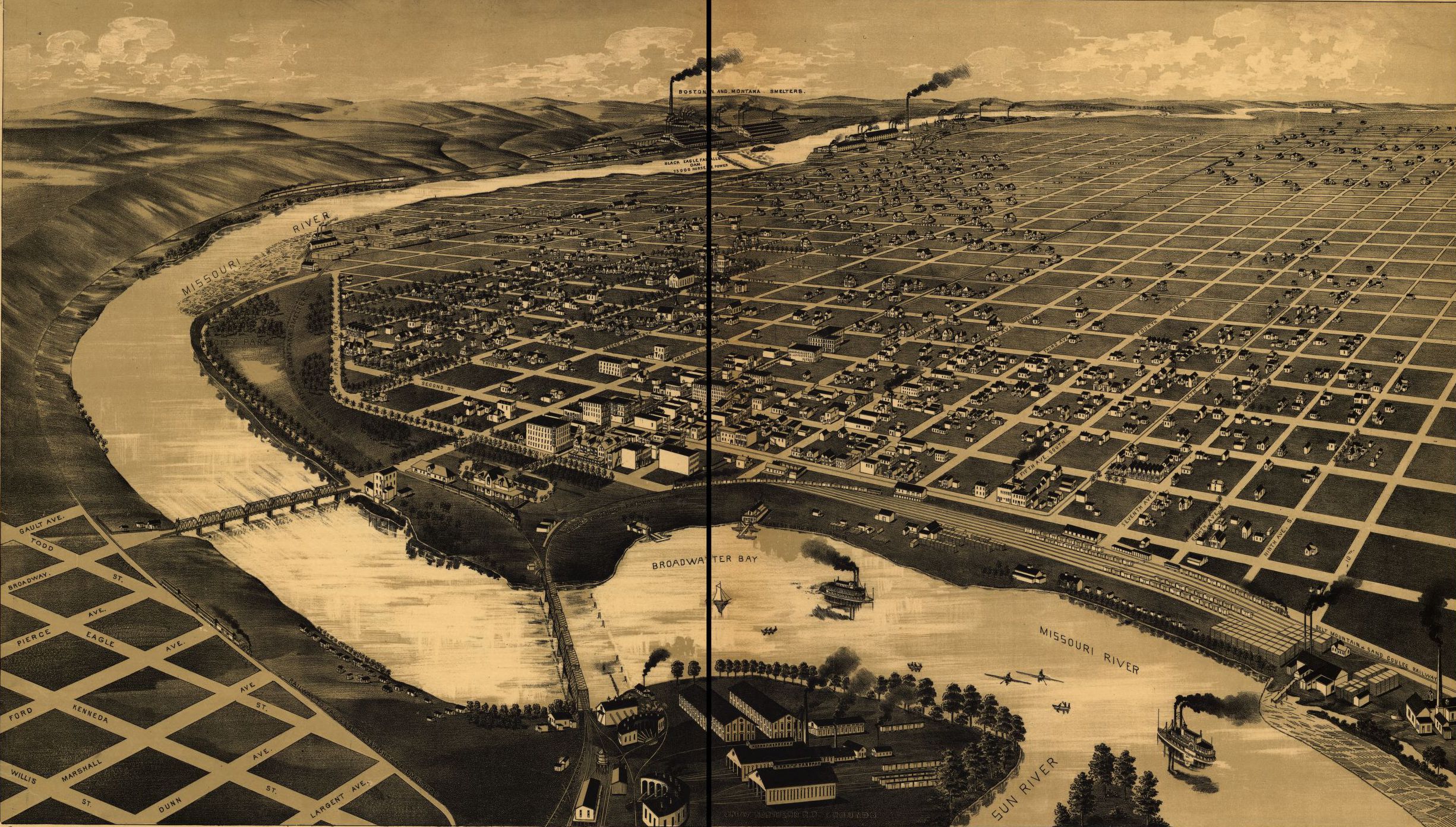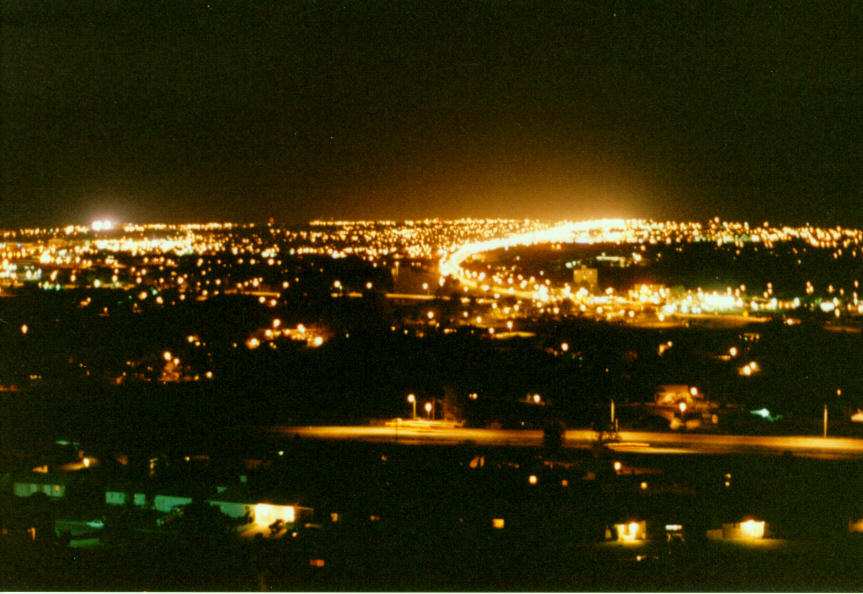________________________________________________________________________ An E-City Beat reader sent us this video which was posted on Facebook last week after President Trumps visit to Great Falls. It shows the very long lines waiting to get in to the Four Seasons venue for the Presidents speech. This confirms that the interest in and support for the Trump rally…
Category: Great Falls
Former GF Tribune Reporter Thinks Trump Supporters Are Inbred?
________________________________________________________________________ Local readers continue to send us screenshots and reactions to Presidents Trumps recent visit to Great Falls. Some of the comments are positive and in support of the President while others are downright vile and vicious in their hatefulness. Here’s an example of both from the Tribunes own Facebook page: What we…
Commissioner Mary Moe’s Embarrassing And Outrageous Comments
________________________________________________________________________ We’ve received several emails and screenshots of some local reaction to President Trumps visit to Great Falls on Thursday. This first one is particularly relevant because it is Great Falls City Commissioner Mary Moe’s post about some Montana Catholic priests who attended the rally. Uhmmm, just out of curiosity, how would Mary Moe…
Welcome, President Trump! Pay No Attention To The Haters.
________________________________________________________________________ E-City Beat would like to extend a big, hearty “WELCOME TO GREAT FALLS!” to the President and Commander in Chief of our Armed Forces. We’re not only proud to welcome President Trump, we’re excited and grateful that he has chosen our town for a Montana rally. Just consider the thousands and thousands of…
State Historic Preservation Office Cautions GFPS On GFHS Work
________________________________________________________________________ In a letter to City of Great Falls Planning and Community Development Deputy Director Tom Micuda, John Boughton, National Register Coordinator for the State Historic Preservation Office of the Montana Historical Society said, “We sincerely hope that the proposed addition to Great Falls High School is done in a manner that respects the…
Great Falls Suicide Survivor Speaks Out
Editors note: for obvious reasons, E-City Beat is respecting the writers request for anonymity. Suicide has no face because it is the face of everyone; I am one of those faces, I just happened to survive but I wasn’t supposed to. Suicide lives in the minds of those with radiant smiles and intoxicating laughs, in…
Great Falls: One Young Person’s View, Part 3
Read Part 1 here. Read Part 2 here. Recently, my wife and I have been looking into a potential job opportunity in Helena. While I haven’t been interviewed yet, it has given us the opportunity to explore what moving back to Montana would look like. We have visited Kalispell, which has grown to be massive…
Great Falls: One Young Person’s View, Part 2
Read Part 1 here. When I graduated high school in 2015, I left Great Falls for the Army National Guard, and spent a year in South Carolina, Georgia, and Virginia, before coming back to Montana in 2016. In 2016, I spent a year driving school buses with Big Sky Bus Lines and trying to figure…
Great Falls: One Young Person’s View, Part 1
I know many of us have been there when we were young: I can’t wait to leave my hometown! I remember being a young teenager thinking that Great Falls was boring. However, when I turned sixteen, I discovered hunting and fishing—or generally speaking: the outdoors. Suddenly, Great Falls wasn’t so bad. I remember the best…
A Great Falls To Bozeman Eye-Opener
Last week I took a trip to Bozeman, MT and spent a couple of days in the area. Wow, talk about an eye-opening experience! I hadn’t been there in a good many years and I assumed it was pretty much the same Bozeman I knew from back in the day and have since heard about:…


